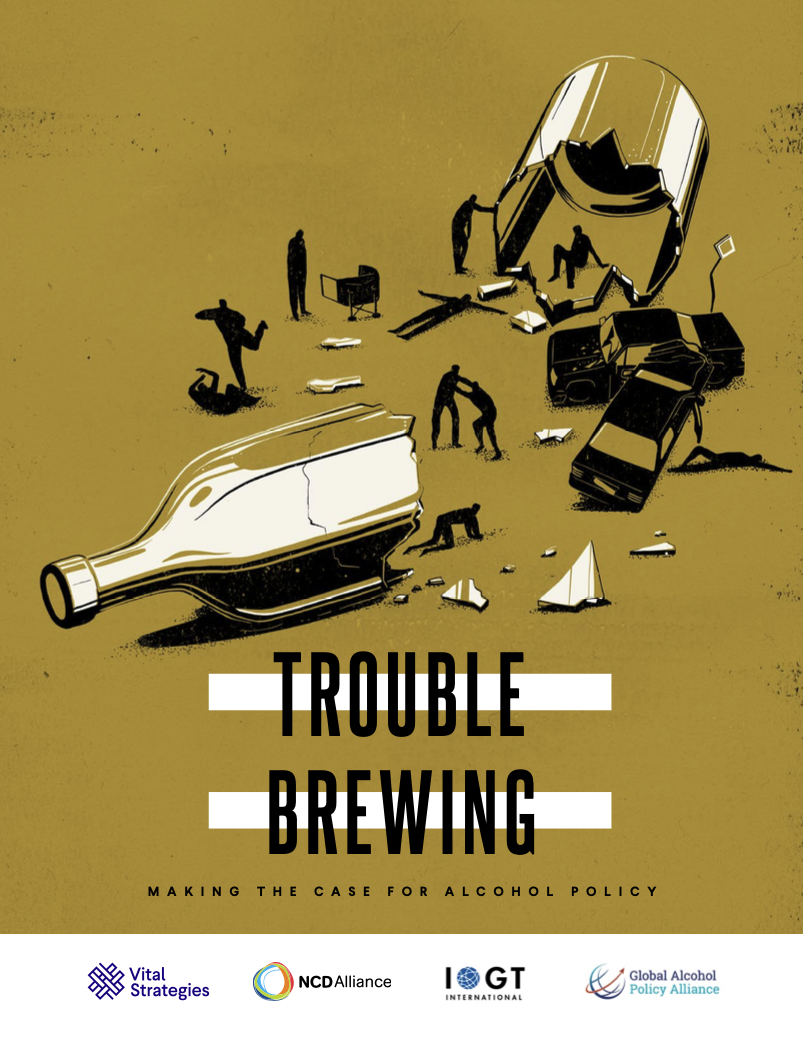The World Health Organization (WHO) estimates that globally, approximately three million people die each year as a result of alcohol consumption.
More than half of these deaths are from noncommunicable diseases (NCDs) such as cancer and heart disease. Many millions more suffer as a consequence of their own or someone else`s alcohol use.
Alcohol is also a cause of mental disorders, and plays a role in susceptibility to diseases such as tuberculosis (TB). The economic toll amounts to hundreds of billions of dollars, and alcohol-related harm is a significant burden to health and development in low- and middle-income countries.
The report lays out the burden of the harmful use of alcohol, identifies the most important interventions governments can take, and describes the influence and threats to alcohol policy that come from the alcohol industry.
Recent Abstracts
How the Alcohol Industry Steers Governments Away From Effective Strategies to Curb Drink…
Analysis of the Efficacy of Alcohol Industry-Sponsored Drink-Driving Campaigns
Messaging Recommendations for Effective Road Safety Campaigns: Lessons From Formative Research for Drink…
Testimonials: Personal stories that have the power to save lives on the road
Knowledge, Attitudes, and Practice Study on Lead Poisoning and Pollution in Indonesia
Improving Civil Registration and Vital Statistics Systems in French-Speaking Countries: Opportunities and Challenges
Strengthening the Civil Registration and Vital Statistics (CRVS) System in Colombia
Estimation of the direct and indirect costs attributable to alcohol consumption in Brazil
Guidance for Collection and Processing of Cause-of-Death Data in the Civil Registration and…
Vital Strategies: Reimagine Public Health
